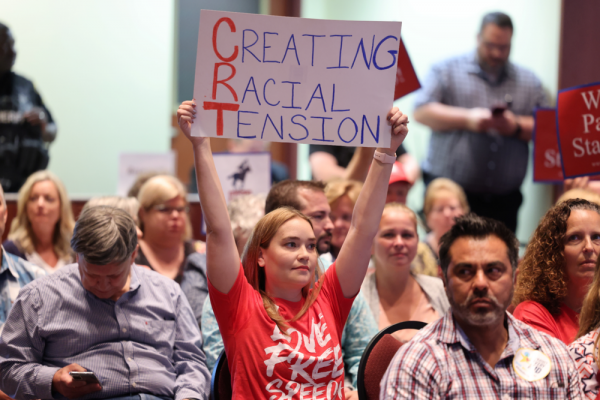Sep 30, 2021
Perhaps you have seen the photos: Protesters at school board meetings holding signs that say “Stop Teaching Critical Racist Theory To Our Kids” or “I Am Not An Oppressor.” At the heart of these protests is opposition to teaching children about the United States’ shameful racial history — a history that repeats itself in systems and structures today. Many of these protests appeal to white parents’ fears that reckoning with our nation’s past sins and injustices will make their kids feel ashamed or that — in some twisted logic — this reckoning is itself “racist.” I’ve watched this growing campaign with anguish; I believe that cultivating a greater commitment to anti-racism within the next generation will empower our kids, not instill shame.
Read the Full Article

Already a subscriber? Login
